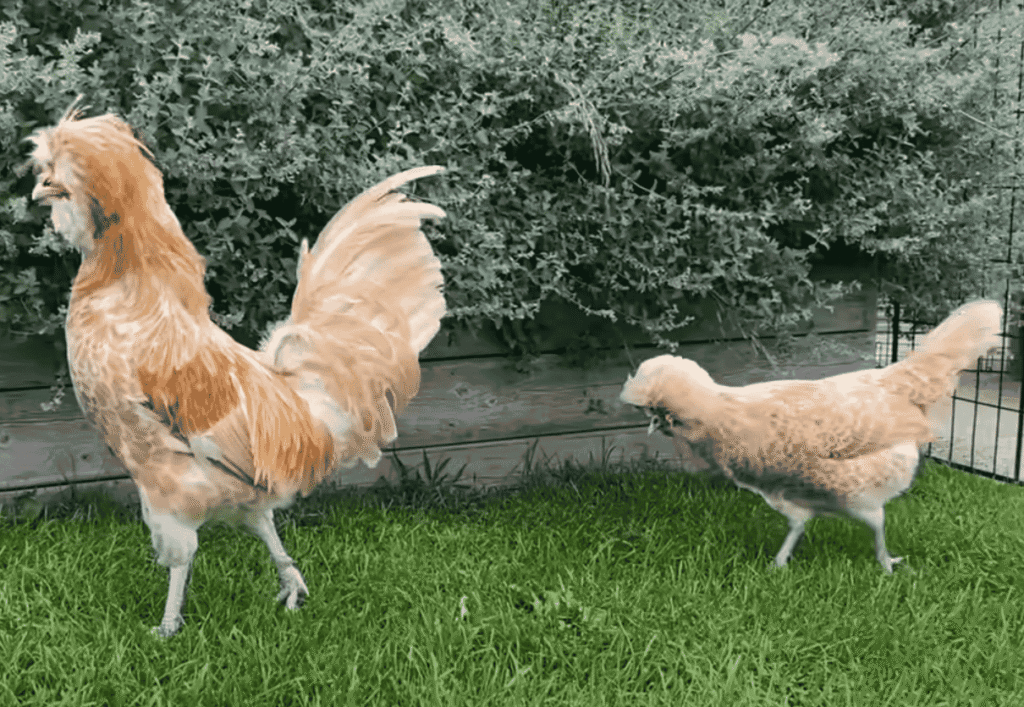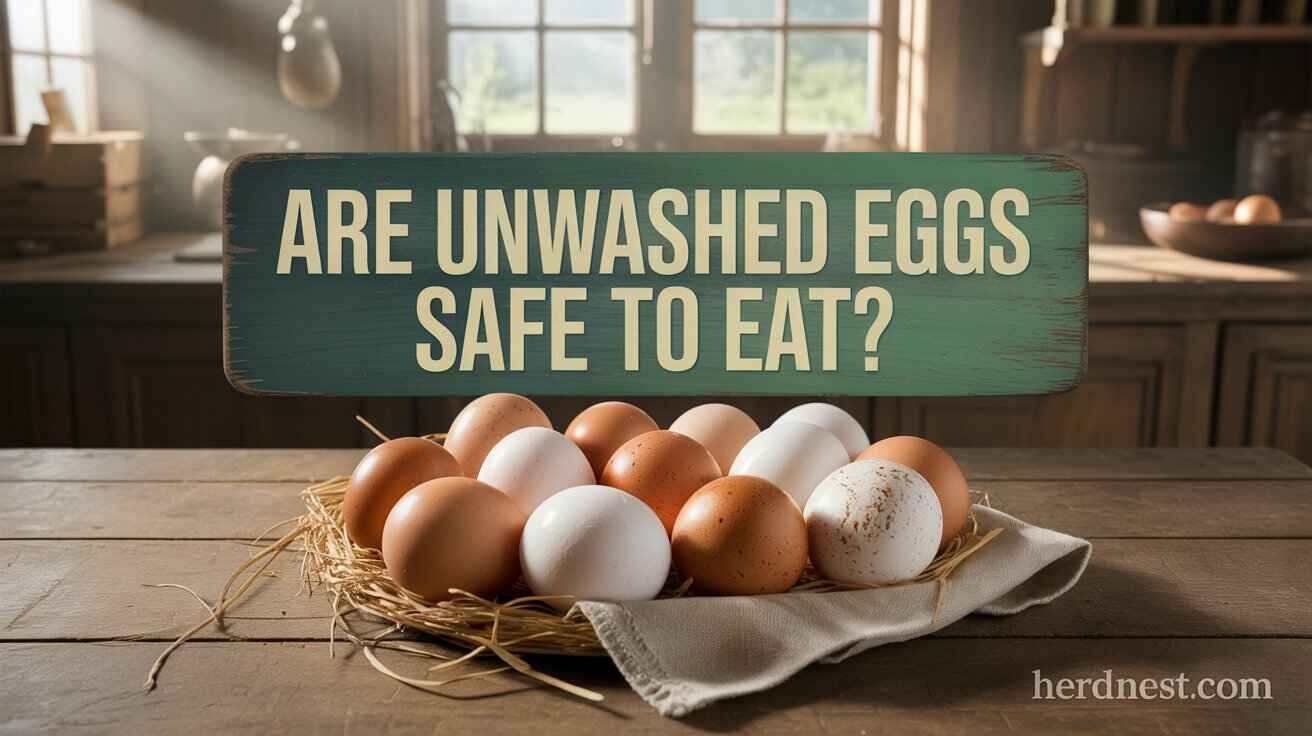Raising chickens is a big responsibility that requires careful planning to keep them comfortable and healthy. If you’re concerned about what happens when you have to be away from home for a day or two, you might be wondering how long they can go without water.
Water is essential for living beings, and a chicken is no exception—dehydration can set in relatively quickly, especially in hot temperatures. Their ability to survive varies depending on several factors, including ambient conditions, their shelter, and how much attention they’ve had to their feed and care.
In normal conditions, they may last up to three days, but some can perish in as little as six hours. A steady supply of fresh, clean water should always be available in their coops to prevent unnecessary suffering.
If you’ve just started keeping chickens, it’s easy to underestimate their need for hydration, but skipping even one overnight period can put their health at risk. Keeping an eye on temperature and ensuring access to water throughout the day is key to preventing dehydration and keeping them alive.

Table of Contents
ToggleHow Long Can Chickens Go Without Water?
A chicken depends on a steady supply of fresh water throughout the day to stay hydrated. They don’t drink a lot at once but take small sips often while they peck at their food. If they go beyond 24 hours without water, they will start to lose their ability to digest properly, and their overall condition will worsen.
A dehydrated bird may seem lethargic, struggle to breathe, or even show signs of diarrhea. Their wattle and comb may turn pale, and they may hold their wings out in an attempt to cool down. If left too long, the chicken may become unresponsive, experience panting, and in severe cases, suffering sets in, leading to their eventual death.
If a chicken is deprived of water for 48 hours or more, their symptoms will get worse. They may become too weak to move, and their body might stop functioning properly. Their crop, which stores food temporarily, may dry out, causing the food inside to get stuck.
If this happens, even if they regain access to water, they may not recover. The risk of death increases the longer they go without water, as their condition continues to persist. To prevent such severe effects, it’s best to always keep a constant supply available and ensure they can drink before their health starts to decline.
How Much Water Does a Chicken Need?
Keeping chickens properly hydrated is essential, especially in hot weather, when their needs for water increase dramatically. On an average day, a chicken needs around 400ml of fresh water, but this amount may be higher in the 90s or during freezing temperatures.
If you have a flock of eight birds, you should ensure they have at least a gallon of water available every day. It’s important to regularly refill and freshen the supply, as evaporation or an ornery bird that likes to splash around can cause waste.
To provide enough water, you can use the baseline of 1 pint per bird, but during extreme weather, you may need to account for additional needs. Meat chickens, due to their rapid growth, require even more than regular laying hens.
A good way to calculate the right amount is to plan on having extra, especially in dry conditions. Water is just as important as feed, so forgetting to provide enough could ruin their health fast. Always remember to check their water and make sure each chicken stays properly hydrated.

Best Ways to Keep Chickens Hydrated
If you have a busy schedule, finding the right system to keep your chickens hydrated can be tricky. A good idea is to provide multiple sources of water so that no dominant hens control access and start denying others.
Placing a bucket with at least 2 liters of water for every 6 hens helps ensure they stay properly hydrated. It’s also wise to have more than one location to prevent fights, as chickens can be quite territorial.
If you decide to use filling buckets, make sure to check them every day, as chickens tend to spill and dirty their water. Providing a couple of water stations makes it easier to maintain a steady supply, and since chickens often fight over food as well, having multiple options is typically necessary.
A well-placed watering system keeps them stress-free while ensuring they always have fresh drinking water.
Why Automatic Chicken Waterers Are Useful
Keeping chickens hydrated can be easier with an automatic waterer, especially if you have a busy schedule or dislike early morning chores. These handy systems are typically attached to a hose or tank and slowly dispense fresh water throughout the day.
Using this technology ensures each chicken has a constant source of clean water without the need for manual refills. If you have a large garden or multiple flocks, an automatic system is a great choice that reduces daily tending time and effort.
What Factors Affect Survival?
A chicken’s ability to survive without water varies due to different factors, including internal and external conditions that can alter how fast they become sick or suffer from dehydration.
Baby chickens are especially vulnerable and can die within a few hours, while newly hatching chicks need water right away. Older birds may struggle too, but healthier adult chickens last longer.
If water is not available, they decline quickly, losing strength before they die from a lack of hydration. Understanding these factors helps in keeping your flock safe and well cared for.

How Health Affects a Chicken’s Survival
A chicken’s health plays a big role in how long it can survive without water. When temperatures rise, the body loses moisture faster, putting extra stress on the bird. If a chicken is molting, laying eggs, or engaged in other demanding activities, it will need more water to stay healthy.
Some birds may go longer, especially in winter, when they aren’t using energy to molt or lay. However, if access to water is denied, their ability to survive drops quickly. A proper schedule is essential to ensure they are able to drink regularly, as dehydration can severely affect their health. The need for water is not only a seasonal concern but a daily necessity for their well-being.
Choosing the Best Water Source for Chickens
Different chickens have different needs when it comes to drinking water, so choosing the best source is important. Many breeds do fine with simple pans, but ornamental breeds like Polish or Sultan may benefit from bottle systems to keep their face dry.
In areas with cold temperatures, a heated water system prevents it from turning solid or freeze, ensuring birds can stay hydrated longer. Some owners suggest putting water inside the coop, while others prefer placing it outside in secure locations to prevent damp conditions.
To keep the water fresh and clean, it’s good to provide multiple sources and keep them away from pests or predators. No matter what system you choose, having a reliable way to supply fresh water will benefit your flock and keep them healthy.
Do Chickens Need Water at Night?
Chickens, like many diurnal animals, rest during the night and their metabolic rate slows down while they roost. Because of this, they typically do not need access to water after they settle in.
However, it is important to give them fresh, clean water first thing in the morning to meet their needs. Other birds may have different habits, but chickens follow this natural routine. To be sure they stay hydrated, always have water available when they wake.
Can Chickens Recover from Dehydration?
A chicken that has been deprived of water may become dehydrated, stressed, and too weak to function properly. If you discover the issue early, you can help by placing it in a cool pan of water to lower its heat and prevent further suffering.
Feeding wet food can also assist in softening dry feed that may be stuck in the crop. Make sure to provide plenty of access to fresh water and allow time to recover. Still, it may take weeks before the flock returns to normal, as hens may stop laying eggs, and some may go into an unexpected molt.
Keep an eye on their condition, and if their health worsens, seek veterinary assistance. Setting reminders to refill water regularly can prevent dehydration from happening in the first place.




